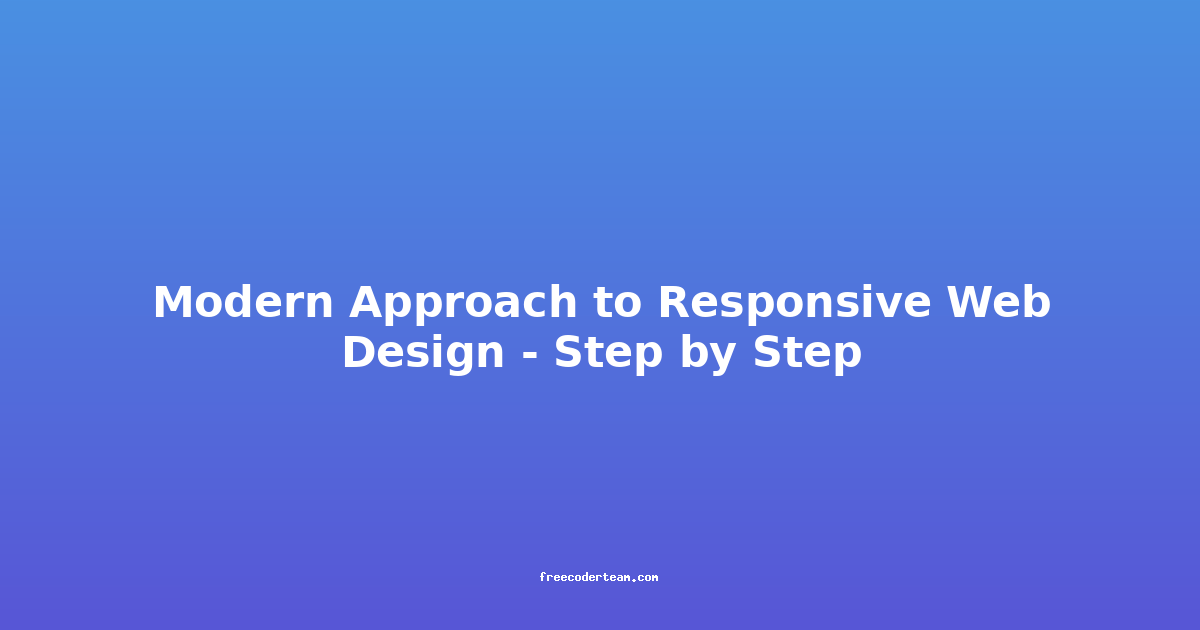TypeScript Advanced Features in 2025: A Comprehensive Guide
TypeScript has been gaining traction as one of the most popular programming languages for building scalable and maintainable applications. As we look ahead to 2025, the language is poised to introduce several advanced features that将进一步提升开发者的生产力和代码质量。在本博客中,我们将深入探讨TypeScript的几个关键高级特性,包括装饰器类、泛型增强、改进的类型推断以及模块联邦化。我们将通过实际代码示例和最佳实践,帮助您理解这些特性如何改变您的开发流程。
1. 装饰器类(Decorator Classes)
装饰器是TypeScript中一个强大的工具,用于在运行时修改类或方法的行为。随着TypeScript的演进,装饰器的应用场景将进一步扩展。在2025,TypeScript可能引入更强大的装饰器类,允许开发者以更灵活的方式封装和重用装饰器逻辑。
1.1 装饰器类的基础
装饰器类是一种将装饰器逻辑封装为可复用类的方式。通过这种方式,开发者可以减少冗余代码,并实现更复杂的装饰器行为。
示例:创建一个基本的装饰器类
class LoggerDecorator {
private message: string;
constructor(message: string) {
this.message = message;
}
public decorate(target: any, propertyKey: string, descriptor: PropertyDescriptor) {
const originalMethod = descriptor.value;
descriptor.value = function (...args: any[]) {
console.log(`Calling ${propertyKey}: ${this.message}`);
const result = originalMethod.apply(this, args);
console.log(`Finished ${propertyKey}`);
return result;
};
return descriptor;
}
}
class ExampleClass {
@new LoggerDecorator("Logging example method")
exampleMethod() {
console.log("Inside example method");
}
}
const example = new ExampleClass();
example.exampleMethod();
// 输出:
// Calling exampleMethod: Logging example method
// Inside example method
// Finished exampleMethod
1.2 装饰器类的最佳实践
- 模块化装饰器逻辑:将装饰器逻辑封装到类中,便于复用和维护。
- 参数化装饰器:通过构造函数传递参数,使装饰器更具灵活性。
- 组合装饰器:将多个装饰器组合起来,实现复杂的功能。
2. 泛型增强
TypeScript的泛型功能已经非常强大,但在2025,我们可以期待更高级的泛型特性,如上下文相关泛型和泛型约束增强,这些特性将进一步提升代码的类型安全性和灵活性。
2.1 上下文相关泛型
上下文相关泛型允许泛型类型在不同的上下文中具有不同的行为,从而提高代码的可读性和可维护性。
示例:上下文相关泛型
function identity<T extends string | number>(arg: T): T {
return arg;
}
// 使用时,TypeScript会根据上下文推断类型
const result1 = identity("hello"); // result1: string
const result2 = identity(42); // result2: number
2.2 泛型约束增强
TypeScript可能会引入更灵活的泛型约束,允许开发者定义更复杂的类型关系。
示例:增强的泛型约束
interface Lengthwise {
length: number;
}
function getLength<T extends Lengthwise>(obj: T): number {
return obj.length;
}
interface StringArray {
length: number;
[index: number]: string;
}
const arr: StringArray = ["apple", "banana", "cherry"];
const arrLength = getLength(arr); // arrLength: number
2.3 最佳实践
- 尽可能使用精确的类型约束:避免泛型约束过于宽松,导致类型安全下降。
- 利用类型推断:合理使用
infer关键字,从复杂类型中提取泛型信息。 - 测试泛型边界:在开发过程中,测试泛型函数在边界情况下的行为。
3. 改进的类型推断
TypeScript的类型推断功能已经非常强大,但在2025,我们可以期待更智能的类型推断机制,尤其是在复杂场景下的推断能力。
3.1 更智能的上下文类型推断
TypeScript可能会引入更智能的上下文类型推断,允许在更复杂的表达式中准确推断类型。
示例:复杂的类型推断
function concat<T extends string | number>(first: T, second: T): T {
return first + second as T;
}
const result1 = concat("hello", "world"); // result1: string
const result2 = concat(10, 20); // result2: number
3.2 基于模式的类型推断
TypeScript可能会引入基于模式的类型推断,允许开发者根据数据的结构自动推断类型。
示例:基于模式的类型推断
type User = {
id: number;
name: string;
};
function processUser(user: User) {
console.log(`Processing user ${user.name}`);
}
const user = {
id: 1,
name: "John Doe",
};
processUser(user); // 自动推断 user 为 User 类型
3.3 最佳实践
- 利用显式类型注释:在复杂场景下,如果类型推断不准确,可以使用显式类型注释。
- 测试类型推断边界:确保类型推断在边界情况下的行为符合预期。
- 利用工具辅助:使用像TypeScript的
--noImplicitAny选项,强制显式类型,避免隐式any类型。
4. 模块联邦化(Module Federation)
随着前端架构的演进,TypeScript可能会更好地支持模块联邦化,允许在不同应用之间共享代码,而无需重新打包和部署。
4.1 模块联邦化的基本概念
模块联邦化是一种前端模块化技术,允许在运行时动态加载模块,从而实现跨应用的代码共享。
示例:使用模块联邦化
// 宿主应用(Host)
import { ModuleFederationConfig } from '@module-federation/core';
const config: ModuleFederationConfig = {
exposes: {
'./ExampleModule': './src/ExampleModule',
},
};
export default config;
// 远程应用(Remote)
import { RemoteModule } from '@module-federation/core';
const ExampleModule = RemoteModule('./ExampleModule', {
remoteEntry: '/dist/remoteEntry.js',
});
export default ExampleModule;
4.2 与TypeScript的集成
TypeScript可以通过更好的类型支持和模块联邦化工具的整合,提升开发者体验。
示例:TypeScript与模块联邦化的结合
// 宿主应用
export class SharedModule {
greet(name: string): string {
return `Hello, ${name}!`;
}
}
// 远程应用
import { SharedModule } from '@module-federation/core';
const module = new SharedModule();
console.log(module.greet("John")); // 输出: Hello, John!
4.3 最佳实践
- 模块隔离:确保每个模块的职责单一,避免耦合。
- 版本管理:在共享模块中明确版本管理,避免兼容性问题。
- 工具链集成:与构建工具(如Webpack)紧密集成,确保模块联邦化的顺利实现。
5. 总结
TypeScript在2025将继续演进,引入更高级的特性,如装饰器类、泛型增强、改进的类型推断以及模块联邦化。这些特性将帮助开发者构建更高效、更安全的代码。通过合理利用这些特性,开发者可以显著提升生产力,同时保持代码的可维护性和扩展性。
未来展望
- 社区驱动:TypeScript的社区将继续推动语言的创新,带来更多实用的特性。
- 企业应用:随着TypeScript的成熟,越来越多的企业将采用它作为核心开发语言。
- 跨平台支持:TypeScript可能会更好地支持跨平台开发,如Web、Node.js和React Native。
通过持续学习和实践,开发者可以充分利用TypeScript的高级特性,构建高质量的应用。
希望这篇博客能为您提供有价值的见解,并帮助您更好地掌握TypeScript的高级特性!如果您有任何问题或建议,请随时与我们交流。祝您开发顺利!
作者: [Your Name]
日期: [Current Date]
联系: [Your Contact Information]




